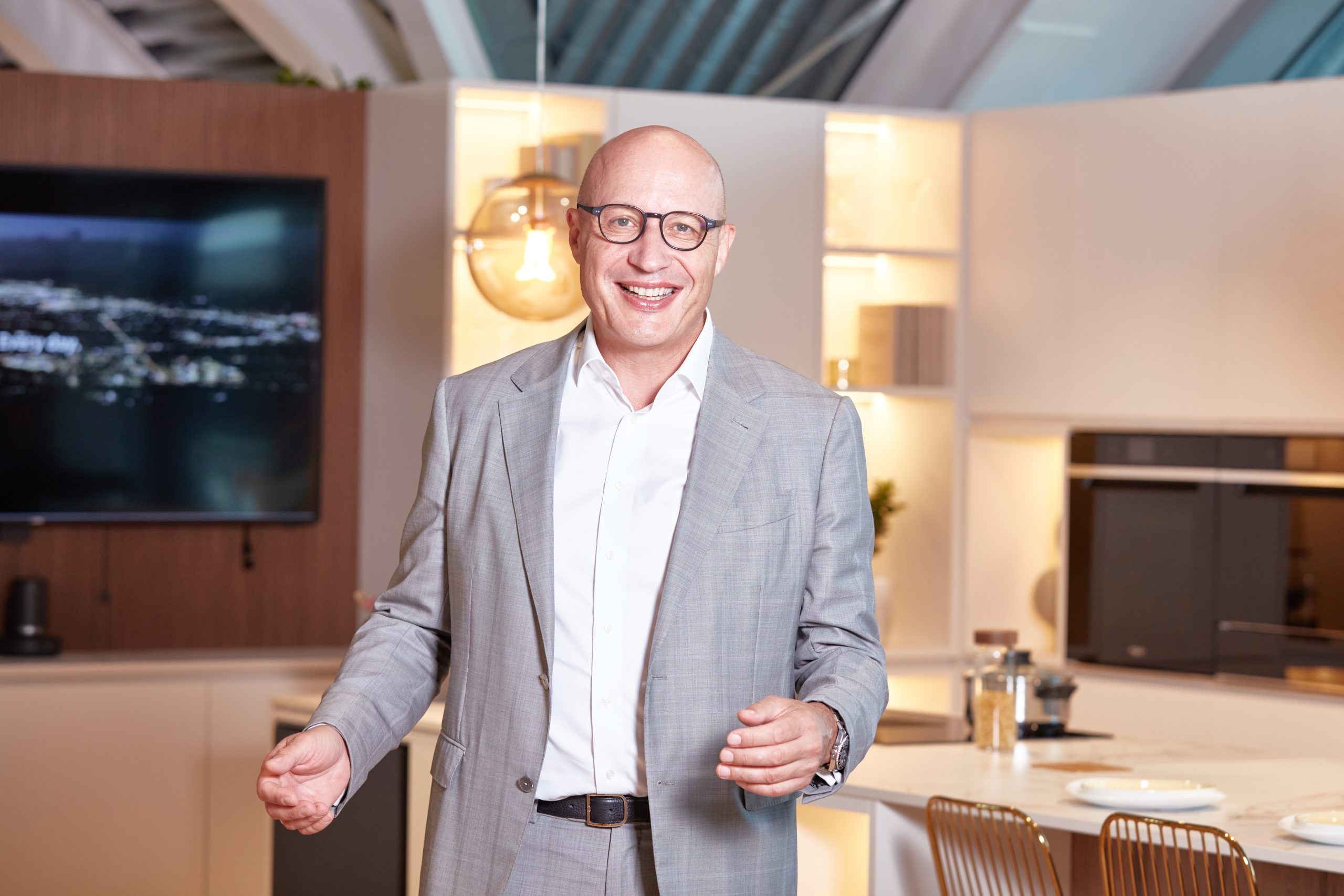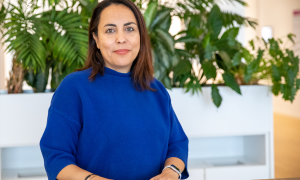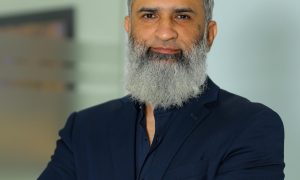The Whirlpool Corporation is one of planet’s most famous home appliances brands. We caught up with Whirlpool’s EMEA president, Gilles Morel, to discuss the challenges brought by sustained, long-term success.
Headquartered in Michigan, USA but with a truly global footprint, Whirlpool has been one of the leading names in its sector for the best part of a century. Founded in 1911 as the Upton Machine Company, dabbling in early forms of mechanical laundry devices, it changed its name to Whirlpool Corporation in 1950. Since then, it has grown into a corporate giant with annual revenues in excess of $20bn and nearly 61,000 employees spread across seventy research and manufacturing centres globally in 2022.
Current Executive Vice President Whirlpool Corporation and President EMEA Gilles Morel joined the company in April 2019, following thirty years of executive experience, including a long stint at confectionary giant Mars. The prospect of working for Whirlpool was one that excited him. It represented a challenge, in which he would need to hit the ground running while utilising his past experience to its fullest.
“When I joined Whirlpool, the thing which most excited me was how much this industry impacts people’s daily lives,” Mr Morel recalls. “You know the idea that with this company you can create the best kitchen and the best laundry facilities, and that improves life at home, this really appealed to me. I am a family man myself. I have six children, so I understand how important these things are. Of course, I was also attracted by how well known and established the brand already was and the other brand names it owns.”
It is worth noting that as well as appliances sold under the Whirlpool marque, European favourite Hotpoint, North American stalwarts KitchenAid and Maytag, the popular Chinese line Diqua, and many others are also owned by the company. This provides market presence and strong consumer loyalty across nearly all of the world’s regions. Nonetheless, there were still challenges to be overcome.
Charting the course
“When I started, my mandate was really to carry on the journey,” Mr Morel explains. “It had started thirty years before when Whirlpool acquired Philips’ appliance business in Europe, and lately with incorporating Indesit Company’s operations in EMEA. So what I needed to do was create a path for sustainable growth and a profitable future for the company, for the employees and for the consumers. It was, however, a difficult time. The company had been making losses after acquiring Indesit, so someone needed to turn it around, while continuing to innovate, to create the best everyday appliances. Here we have a saying that ‘There is no wrong way to do the right thing’, so that philosophy is always at the forefront of our work.”
Despite the sizeable task in front of him, the new executive VP and EMEA president was able to draw on the wealth of experience gained from his past career. In particular, his years at Mars were of great help.
“Although the sectors are different,” he states, “there are many similarities. Both are trusted brands and consumer-facing businesses in competitive markets. You know, people may look at chocolate and washing machines and struggle to see the connection, but in a business sense, there were many links. The ways in which we build the brand, for example, was very similar. Fundamentally, it’s about putting the consumer and our people at the core of what we do every single day.”
The importance of innovation
With that said, there were also key differences, to which Mr Morel needed to adapt. Foremost of these was the rapid pace of technological development. As with any manufacturing industry, constant modernisation and awareness of important trends such as sustainability are crucial for Whirlpool. This was perhaps not so much the case in his previous role.
“A chocolate bar created in 1920, or 1940 or whenever, is still much the same today,” says Mr Morel. “We may market it differently, but essentially, the product is the same. With Whirlpool, the opposite is true. This company has a historical commitment to R&D. It’s in our DNA, from creating the world’s first home dishwasher in 1949 and the first combination washer/dryer in 1961 to some of our more recent products. It’s vital for us to stay ahead of the curve.”
"It’s vital for us to stay ahead of the curve."
In order to sustain the momentum that Whirlpool has enjoyed over such a long period of time, clear management and robust decision-making were required. The new EMEA president provided that. Results were positive, and continued growth was achieved. Despite this, Mr Morel is loathe to shine too much of the spotlight on himself.
“Things have been going well,” he explains. “But it is important to remember that it is not all about Gilles. Soon after starting, I assembled a high-performing leadership team. Those people were very important, and all of them were extremely committed to put the business on a profitable, sustainable growth path. I tweaked the strategy to focus more on ‘built-in’ kitchen appliances, but the team was very aligned, and that was extremely important in achieving our goals.”
The digital element
Another significant development has been the increased digitisation of the sales arm. This was also implemented by Mr Morel after taking up his executive position, a process which was then accelerated during the COVID pandemic. “When I joined, only 20 percent of our sales were through e-commerce, but that is now as high as 50 percent in some regions,” he states.
Naturally, as well as this welcome result, the pandemic presented considerable challenges. Lockdowns meant that offices and manufacturing sites became ghost towns overnight, while logistics, particularly those covering long distances, became impossible. It was a stop-start period, which affected all areas of the business and seriously disrupted the supply chain.
“We survived,” Mr Morel explains, “because most of our suppliers are local, which enabled us to react quickly. This is something of a competitive advantage for us, in comparison to other leading players in our sector. As a result, I believe we have emerged from the COVID era more resilient than we were before and in a very strong position, especially with regard to the supply chain. This is especially important for a company like ours, built around innovation. Many of our suppliers do not only supply components or raw materials but act as critical enablers of sustainable solutions.”
Into the future
With the groundwork laid and the pandemic navigated, plans for the medium-term future have been formulated. Much of these centre around exciting new products shortly to reach the global market.
“One example,” Mr Morel describes, “is a new dishwasher called Maxi Space, which we are launching soon. It has 20 percent greater capacity than a regular dishwasher without taking any more space. The secret is in its compact motor, and it incorporates our sixth sense AI technology, which enables energy and water use reduction.”
It is with thinking such as this, alongside further growth, both organic and through acquisition and partnerships, that Whirlpool intends to continue its century-long corporate success story into the future.
“As business leaders, we have a huge responsibility,” Mr Morel concludes. “To go beyond the limits of what we thought possible, while reaffirming our commitment to sustainability. That requires creativity and a passion for learning. At Whirlpool, this is what we are all about.”
Click here to read and download the full article.







